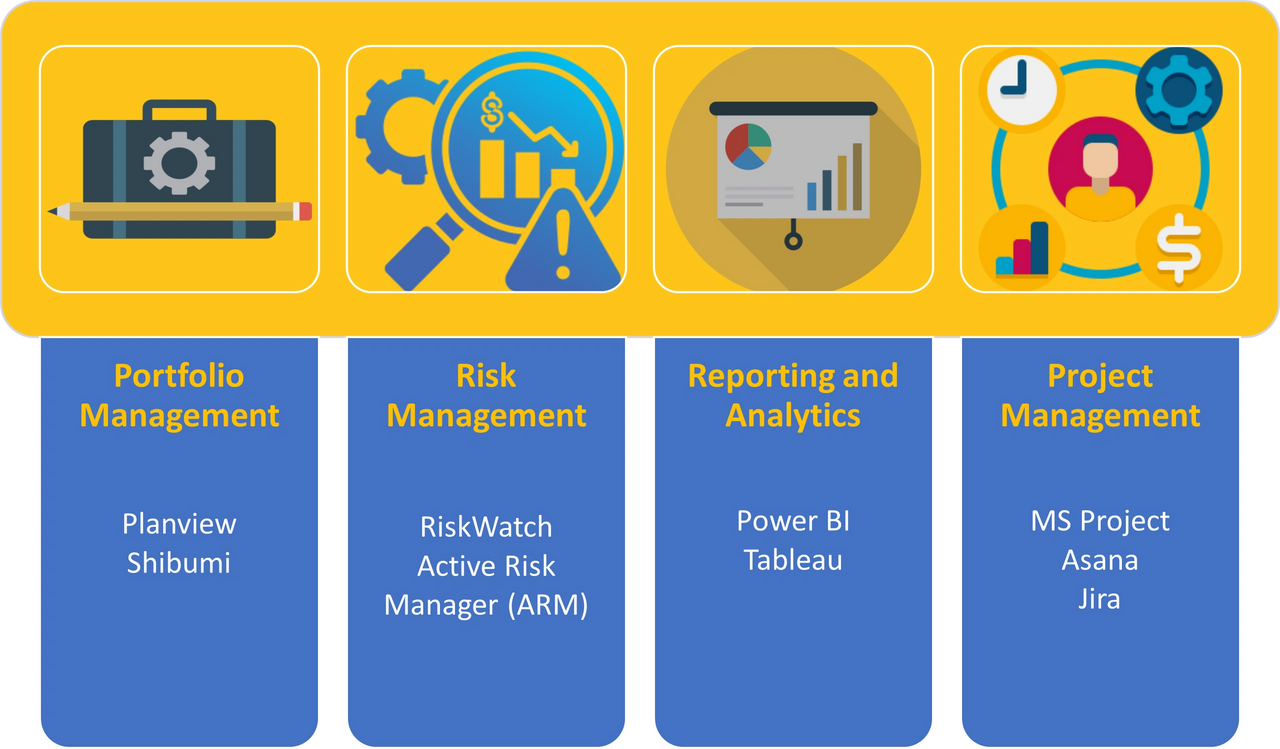In today’s fast-paced business environment, companies face increasing pressure to optimize their investments and maximize returns. However, many organizations struggle with ineffective portfolio management due to fragmented tools, manual processes, and a lack of financial oversight.

Even as businesses embrace digital transformation, portfolio management remains fragmented. Here’s why many companies fail to extract full value from their portfolios:
No End-to-End Portfolio Planning Tools - Most companies rely on multiple software solutions for different aspects of portfolio management - project tracking, financial forecasting, risk assessment - but no single tool offers a holistic view of their portfolio’s performance.
Financials Are Stuck in Excel - Despite being a powerful spreadsheet tool, Excel is not built for enterprise-scale portfolio management. Manual data entry, version control issues, and a lack of real-time insights make it an unreliable solution for complex financial planning.
Resource-Centric Focus, Financial Aspects Overlooked - Traditional project management tools focus on task assignments and resource allocation but fail to integrate financial impact. Without financial foresight, organizations may invest in projects that don’t yield strong returns.
Investment Decisions That Can Make or Break a Company - Poor portfolio decisions don’t just impact a single project - they shape the financial future of the business. The inability to prioritize high-ROI projects and eliminate non-performing initiatives can lead to wasted resources and missed opportunities.
Current Tools Fall Short - Portfolio planning isn’t just about execution; it’s about evaluating projects based on key business metrics, such as:
Most businesses attempt to bridge the gaps in portfolio planning using separate tools for project tracking, risk management, reporting, and analytics. However, as shown in the image below, these tools lack integration, making it difficult to synchronize financials with strategic decision-making.

Without a unified, data-driven approach, companies end up making decisions based on incomplete insights—leading to misallocated budgets, inefficiencies, and lost opportunities. This can also result in:
Enterprise Performance Management (EPM) platforms bridge these gaps by providing a centralized, data-driven approach to portfolio management.
A successful portfolio management strategy requires more than just tracking projects -it demands a structured, integrated, and financially sound approach to selecting and managing investments.
At 365 EPM, we help organizations transition from fragmented, outdated processes to a streamlined, data-driven model. With our expertise in Enterprise Performance Management (EPM), we enable companies to:

By leveraging our deep industry experience and best-in-class EPM solutions, you can eliminate inefficiencies, enhance financial forecasting, and drive long-term value.
The future of portfolio management is agile, intelligent, and integrated - Are you ready to take your portfolio management to the next level? Let’s start the conversation today. Request a demo of our next-gen solution for Portfolio Management
Financial Insights

July 11, 2025
Effective strategies to manage cash flow and drive business expansion
.webp)
July 4, 2025
Practical tips to reduce tax burdens and optimize expenses